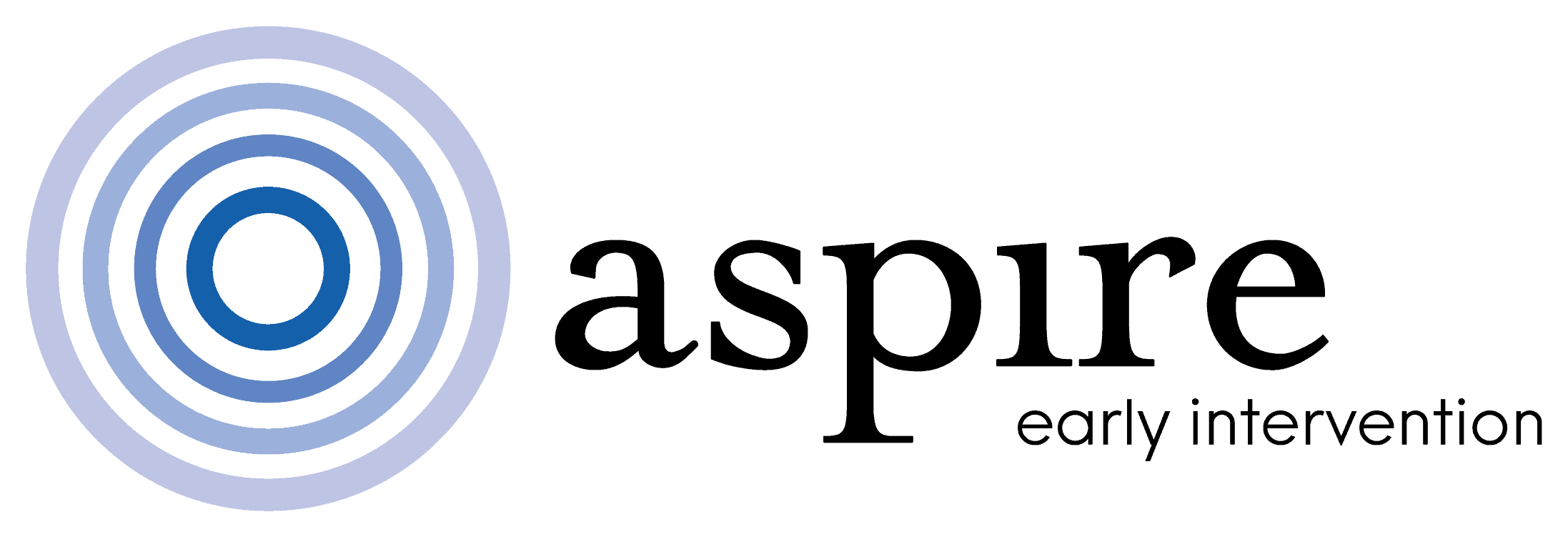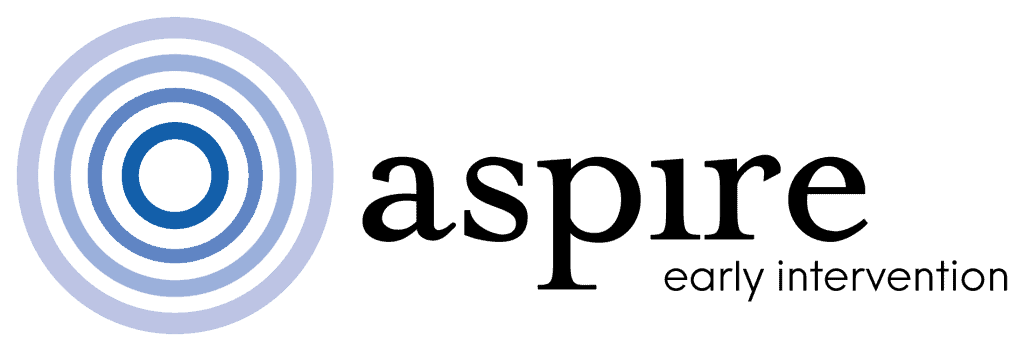Welcome to World Autism Awareness Month! As a clinic that has been providing therapy to children with Autism Spectrum Disorder and related disorders for over five years, we thought it was a good time to explore what Autism Awareness might look like to us; therapists, counsellors, speech pathologists and staff who have been working, helping and learning from children with ASD day in, day out.
Autism or Autism Spectrum Disorder is a brain-based disorder which affects children in potentially very different ways. Depending on the treatment and severity of a child’s autism, they can experience early to life-long delays in their literacy, communication, social and behavioural development. High-functioning children who receive best-practice treatment, on the other hand, can be un-diagnosable by the time they start school.
World Autism Awareness Day is one of only four health-specific United Nations days started in 2007 to compel the UN’s member states to bring attention to the pervasive and still misunderstood disorder. It exists to reduce the stigma surrounding an increasingly prevalent disorder, as well as inform nations of the importance of early diagnosis and early intervention.
Aspire Early Intervention offers Early Intensive Behavioural Intervention (EIBI) programs to children living in Sydney, Brisbane, Canberra and across areas of rural New South Wales. Early Intensive Behaviour Intervention (EIBI) therapy is the only Early Intervention therapy the federal Department of Families and Housing rate as effective in treating ASD based on ”established research evidence”.
At Aspire we see the benefits of early diagnosis and intervention every day.
Unfortunately, the benefits of intervention as well as the need for ongoing support for children with ASD is poorly reflected in the funding supplied by Australian government to children with ASD.
While $12,000 is offered to families of children diagnosed with ASD to seek early intervention, this funding is only available to children under the age of six for two years. Only half of the children with ASD are diagnosed before this cut-off age.
School-age children are qualified to receive Medicare rebates on 20 sessions of related therapy throughout their lifetime. After 13, children find themselves without any funding for intervention, support or help.
Unlike a pill or a preventative shot Early Intervention functions by helping children catch up on their delays in a gradual, personalised and methodical manner. It requires empathy, human connection, applied research, dedication and time from the therapists and families involved. It is simply the nature of Early Intervention that makes it, under current government funding schemes, far out of reach from the families and children who need it most.
On World Autism Awareness Day Aspire asks that early intervention becomes more accessible and equitable. The earlier, the better.




